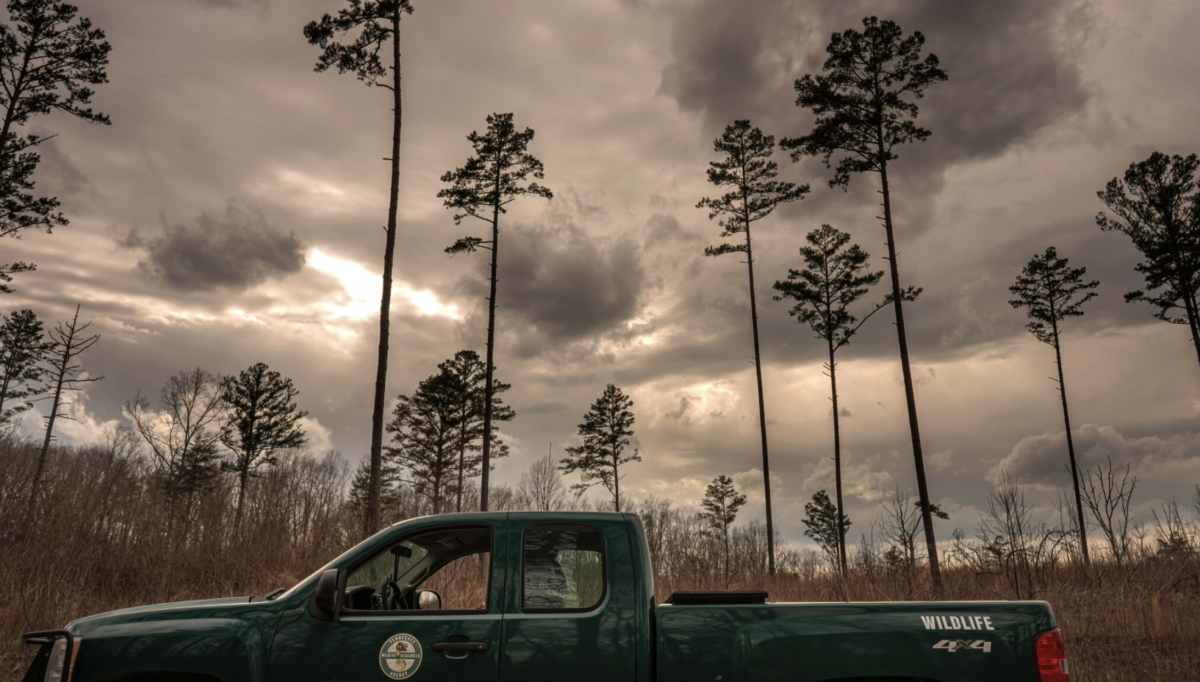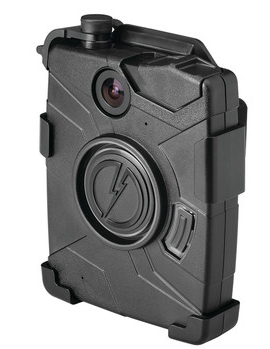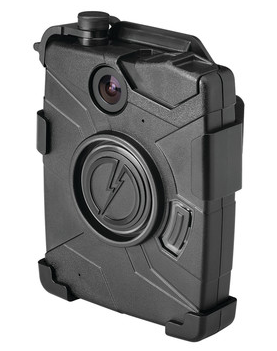Officers with the Tennessee Wildlife Resources Agency will be required to wear body-worn cameras, joining an increasing number of state and federal law enforcement agencies who police hunting, fishing, and boating laws across the nation that are now required to wear the devices.
Roughly 250 Tennessee officers who routinely interact with the public will be required to wear body cameras, spokesperson Emily Buck said.
The goal of adding cameras is to “promote perceived legitimacy, sense of fairness, and procedural justice the citizens of Tennessee have about TWRA,” read the agency’s grant application to the U.S. Department of Justice, which provided $340,000 start-up funding.
Body-worn cameras have been adopted by numerous traditional law enforcement agencies over the past decade, but only in recent years put into use by sworn officers with the U.S. Department of Interior, Forest Service, and TWRA counterparts in other states who patrol natural areas.
These officers possess the same authority to question, detain, arrest, search and seize as local police and sheriff’s departments, but they have received far less scrutiny in their interactions with the public, which often take place in rural, forested and other natural areas — including waterways — away from public view.
In Tennessee, allegations about TWRA officer misconduct and abuse of power have surfaced in two recent lawsuits.
State wildlife agency sued over secret surveillance on private land
In April, a panel of state judges, ruling in a lawsuit brought by two Benton County property owners, struck down a state law giving TWRA officers the right to search and surveil private property without a warrant —and without notice to property residents or owners.
The panel called TWRA’s practice of conducting warrantless searches and surveillance “unconstitutional, unlawful, and unenforceable” and giving rise to an “intolerable risk of abusive searches.” No other Tennessee state or local agency is explicitly granted the same powers. TWRA is appealing the decision.
In July, a master falconer filed a federal lawsuit against three TWRA law enforcement officers, alleging her constitutional rights were violated when they unlawfully seized 13 birds of prey, phone, computer, video, and other records from her Nashville home in 2022 — an action a Nashville criminal court judge later called “egregious,” “an abuse of the law” and “malicious prosecution.” TWRA officials have denied their officers violated the law.
TWRA is still in the process of implementing body camera usage. Officers have received training and are currently being outfitted with the video and audio capturing devices, Buck said. The DOJ grant covers less than half the initial three-year startup costs of cameras, she said.
All full-time wildlife officers, sergeants, and lieutenants will be issued cameras, which must be activated to record all vehicle and vessel stops, pursuits, calls for service, “detentions, investigations pursuant to an arrest, arrests, suspect interviews,” searches of individuals and during the execution of search warrants — among other circumstances detailed in protocol provided by TWRA.
The protocol provides for exceptions to the requirement to record, including in restrooms or other areas where the public has a reasonable expectation of privacy. Among other exceptions: audio may be muted at an officers discretion while conferring with other law enforcement during a law enforcement action or in other circumstances “based on clearly articulable reasons.”
TWRA’s adoption of body worn cameras comes after numerous state and federal wildlife law enforcement agency have begun requiring them.
In 2019, the United States Forest Service began requiring its officers to wear the cameras. In 2022, the U.S. Department of Interior began requiring its officers to use them, a policy that extends to the Bureau of Indian Affairs, Bureau of Land Management, U.S. Fish and Wildlife Service and National Park Service.
Tennessee Lookout is part of States Newsroom, a network of news bureaus supported by grants and a coalition of donors as a 501c(3) public charity. Tennessee Lookout maintains editorial independence. Contact Editor Holly McCall for questions: info@tennesseelookout.com. Follow Tennessee Lookout on Facebook and Twitter.


